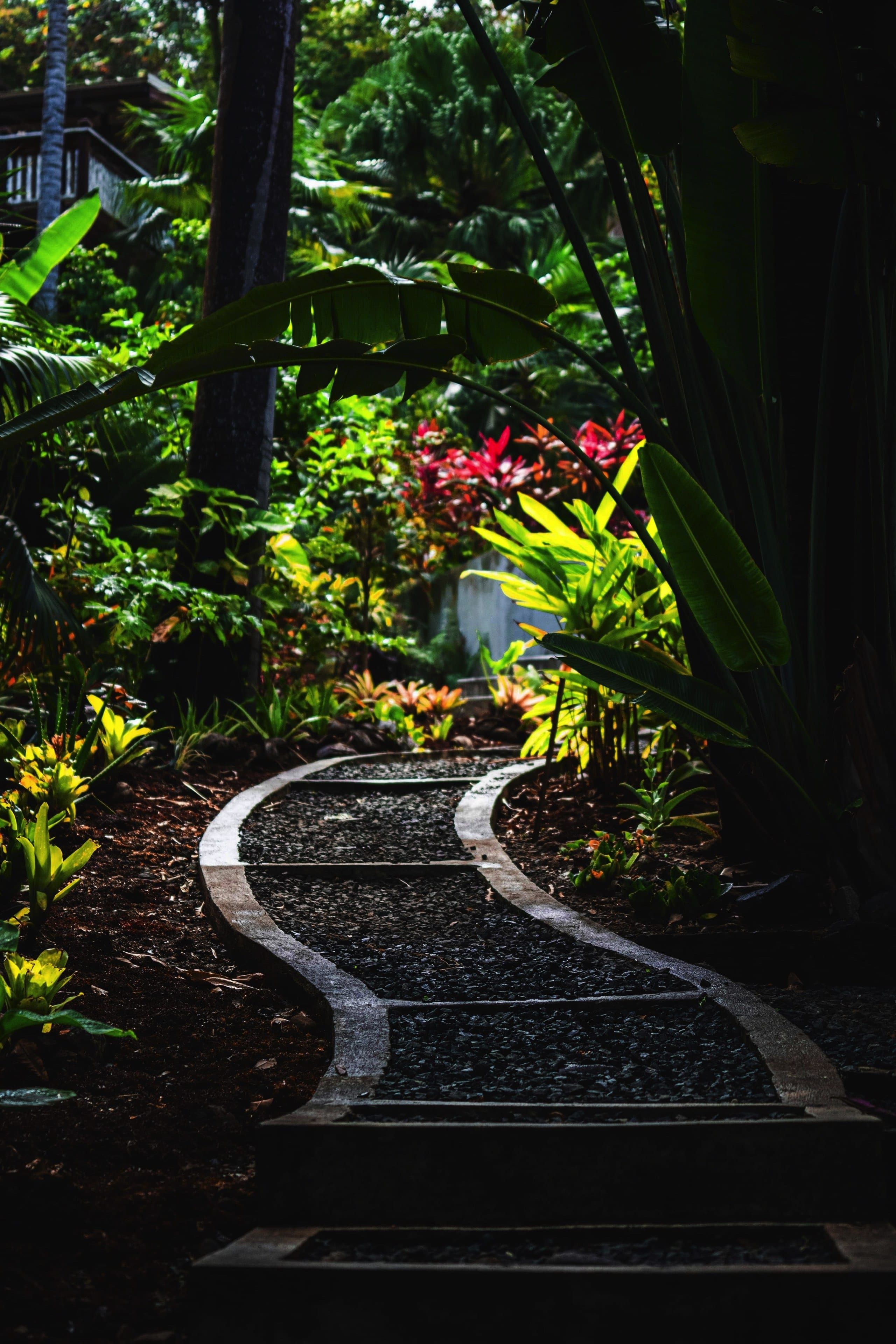Summer Garden Maintenance: How to Protect and Irrigate Your Garden During the Hot Months
Summer Garden Maintenance: How to Protect and Irrigate Your Garden During the Hot Months
Summer heat can be tough on gardens, leading to dried-out plants, stressed lawns, and overworked gardeners. Without a proper strategy, your garden may struggle to stay healthy and vibrant. In this article, we’ll explore effective ways to protect your plants and optimize your watering routine to help your garden thrive through the hottest season.
Sections:
- Early Morning and Evening Watering Tips
- Choosing the Right Mulch for Summer
- Shade Solutions for Delicate Plants
- Efficient Irrigation Systems for Consistent Hydration
- Controlling Pests and Diseases in Summer
1. Early Morning and Evening Watering Tips
Watering in summer requires timing. The best times are early morning and late evening, when temperatures are lower, and there’s less sunlight to cause rapid evaporation.
- Morning Watering: Watering early (around sunrise) allows soil to absorb moisture before the sun’s heat increases, reducing evaporation and giving plants time to take in water.
- Evening Watering: If morning isn’t an option, watering in the evening works too, as it allows water to settle into the soil overnight. Just avoid watering too late, as lingering moisture on leaves can encourage fungal growth.
To make watering easier and more effective, consider a soaker hose or a drip irrigation system to deliver water directly to the roots and minimize waste.
2. Choosing the Right Mulch for Summer
Mulching is essential for moisture retention, as it helps regulate soil temperature, reducing water evaporation and keeping roots cool. A good mulch layer also suppresses weeds that compete with plants for water.
- Organic Mulch: Choose natural options like straw, wood chips, or compost, which gradually decompose and enrich the soil.
- Inorganic Mulch: Materials like gravel or stones are excellent for areas with high drainage and can add a decorative touch. However, these are best for low-water plants, as they don’t retain moisture as well as organic mulch.
For best results, apply a 2-3 inch layer of mulch around the base of each plant, keeping it a few inches away from the stem to prevent rot.
3. Shade Solutions for Delicate Plants
Summer sun can be intense, and even sun-loving plants may suffer if exposed for too long. Providing shade for certain plants during peak hours can protect them from sunburn and excessive heat.
- Shade Cloth: An affordable and flexible option, shade cloth can be draped over delicate plants or young seedlings to provide relief from the midday sun.
- Plant Location: Consider planting more sensitive plants near taller shrubs or trees that can offer natural shade.
- Temporary Structures: Portable canopies, umbrellas, or DIY screens made with garden stakes and fabric can offer shade on especially hot days and are easy to move as needed.
By shading vulnerable plants, you reduce their water needs and prevent leaf scorch, which can be especially damaging in mid-summer.
4. Efficient Irrigation Systems for Consistent Hydration
To save water and time, consider investing in an automatic irrigation system that helps maintain consistent hydration without daily manual watering.
- Drip Irrigation: This system provides water directly to the root zone with minimal evaporation. It’s perfect for summer since it allows for steady, slow watering.
- Sprinklers: For larger gardens or lawns, sprinklers are a practical option, but be sure to set them to run early in the morning to avoid wasting water.
- Smart Irrigation Controllers: Modern irrigation systems come with smart controllers that adjust watering schedules based on local weather conditions, helping to prevent overwatering and save resources.
An efficient irrigation setup can be a lifesaver in summer, ensuring plants receive regular hydration without overwhelming their roots.
5. Controlling Pests and Diseases in Summer
Summer heat brings not only sun but also increased pests. Aphids, spider mites, and other insects are common, as well as fungal diseases encouraged by humidity.
- Inspect Regularly: Check leaves and stems frequently, especially the undersides, to catch infestations early.
- Organic Insecticides: Use organic insecticides or neem oil to control pests without harming beneficial insects.
- Water Wisely: Overhead watering can encourage fungal growth on leaves. Use targeted watering methods, like soaker hoses or drip irrigation, to reduce disease spread.
Preventing and controlling pests and diseases in summer helps your plants stay healthy without the need for heavy chemicals, allowing them to thrive naturally.
Conclusion
By focusing on smart watering, protective shading, and vigilant pest control, you can help your garden beat the summer heat and continue to grow beautifully. Each of these practices works together to ensure that your plants stay hydrated and healthy during the hottest months. Try these strategies, and see how much easier summer gardening can be!
For more tips on garden care, check out our related articles, subscribe to our newsletter, and follow us on social media for updates and advice!

Details
-
Owner
Stefano Ragatzu -
Release Date
08 December 2024
Websites


